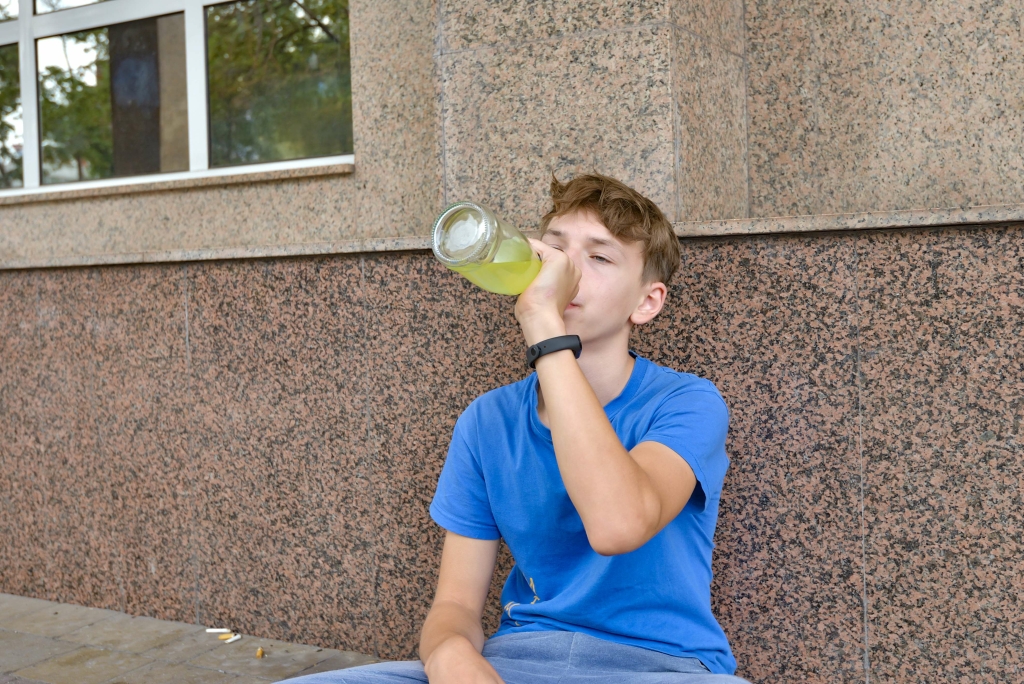One glass of liquor drunk slowly over the course of an evening will be less dehydrating than having several beers or glasses of wine during the same time frame. Dehydration is also a big part of why you get a hangover after drinking too much. These symptoms suggest a more serious problem requiring professional medical assessment and treatment. Knowing the signs can help you take appropriate measures for certain symptoms and issues. In rare cases, you can have an allergy to alcohol itself, specifically ethanol.
What are the alcohol dehydration symptoms?

It’s produced by the pituitary gland and tells your kidneys to conserve water. When you’re dehydrated, ADH levels go up, signaling your kidneys to hold onto as much water as possible. But alcohol interferes with ADH production, essentially telling your kidneys to ignore https://popo888.net/building-healthy-relationships-in-recovery-6-tips/ the signals and keep releasing water. Without enough ADH doing its job, your body struggles to maintain proper fluid levels.
Track Your Intake
- By taking care of our kidneys, we can ensure that they continue to perform their vital role in maintaining our fluid balance and overall health.
- Understanding how beer compares to water in terms of hydration provides useful insights into your drinking choices.
- As mentioned before, alcohol dehydrates the body by causing it to lose more fluids than it takes in.
- Food, especially meals with some protein and healthy fats, acts like a brake, slowing down how quickly alcohol hits your bloodstream.
Keeping in mind its water percentage, most brewers think that it’s a good hydrating drink. The fact is 12 oz of beer contains 14 gm of alcohol, which can produce a little less than half a cup of urine. If you don’t want Sobriety to deal with dehydration from alcohol, the best (and most obvious) preventative measure is not to drink alcohol. When it comes to hydration beer and water serve different purposes.
Does drinking alcohol kick you out of ketosis?
A lack of these important compounds can impair your energy production, making you feel tired and sluggish all the time. Finally, it is important to avoid mixing alcohol with other substances. Drinking alcohol with caffeinated beverages or other diuretics can increase the risk of dehydration.

It’s also important to note that these guidelines are for adults of legal drinking age. It’s about finding a balance that works for you and your body. “I’ll stay for just one.” How many times have we said why does alcohol dehydrate you or heard this? This article further explores the truth behind your tipple, presenting a better understanding on its effects and the importance of staying hydrated whilst drinking alcohol. Not all drinks are created equal, especially when it comes to hydration. Drinks with higher alcohol content tend to pull more water out of your system.
When alcohol reaches the pituitary gland, it blocks the creation of vasopressin, which is known as the antidiuretic hormone or the hormone that helps us retain fluid in our body. Blocking this antidiuretic hormone causes fluids to pass directly through the kidneys to our bladder, which is why we have to pee way more while drinking alcohol. As the stomach rebels against the irritants, you lose not only the contents of your stomach but also precious fluids in the process. Vomiting pushes a significant amount of water and electrolytes out of your body.
Tips for Staying Hydrated While Drinking
Drinking alcohol can dehydrate you, and it’s one of the main reasons you can get a hangover. This is because alcohol is a diuretic, which is a substance that induces diuresis or additional urine output. Drinking a lot of low-alcohol drinks can also add up to a very thirsty evening, though. One standard drink, according to American Addiction Centers, should contain around 0.6 ounces of pure alcohol.
